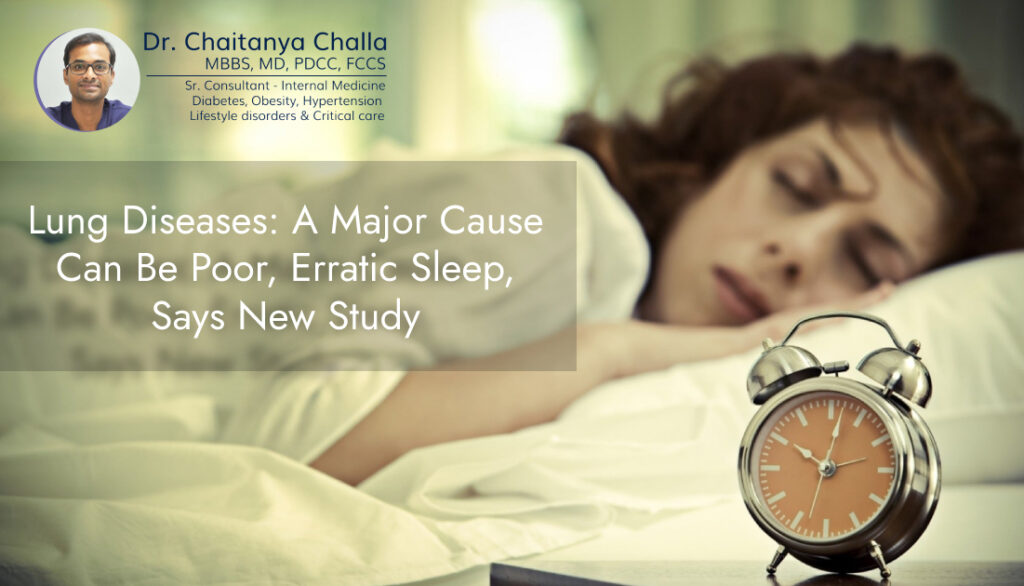
Do you experience erratic sleep on a every day basis? Studies exhibit that people who have sleep associated issues are probably to have an have an impact on on their lungs than people who are struggling from innovative lung diseases.
Researchers at the University of California-San Francisco observed that for patients with chronic obstructive pulmonary disease, insufficient sleep may also raise their threat of a flare-up by means of up to up to 95% in contrast to these with accurate sleep. These triggers can later cause shortness of breath and cough, irreversible damages on a person’s lung and might also accelerate disease progression and mortality.
Tips To Improve Your Sleep
Here are the best ways of improving your sleep quality and reduce the risks of pulmonary disease.
- Stick to a proper sleep schedule: Set aside no greater than 8 hours for sleep. The recommended amount of sleep for a healthy adult is at least seven hours. Go to bed and get up at the same time every day, including weekends. Being consistent reinforces your body’s sleep-wake cycle.
- Pay attention to what you eat for dinner, unhealthy meals may have an effect on your sleep quality. Heavy and massive foods are a bad idea bad idea. Even sleeping on an empty stomach will affect you sleep. Keep your dinner light and healthy.
- Create a restful environment: Make sure your pre-sleep environment is peaceful and quiet. Bright lights and loud noise don’t essentially have a good impact on your sleep quality.
- Limit daytime naps as it can interfere with night time sleep. Limit naps to no greater than one hour and avoid napping late in the day. However, if you work nights, you might need to nap late in the day before work to help make up your sleep debt.
- Include physical activity in your daily routine. Regular physical activity can promote better sleep.
- Keep heavy and stressful work and thoughts away. Try to resolve your worries before bedtime. Jot down what’s on your mind and then set it aside for tomorrow.
- Stress management might help: Start with the basics, such as getting organized, setting priorities and delegating tasks. Meditation also can ease anxiety.
Contact a doctor if the above recommendations fail. Almost everyone has an occasional sleepless night. But if you rarely get a good nights sleep, it is important to identify and treat any underlying causes that is affecting it and can help you get the sleep you deserve after a long tiring day. For doctor consultation book appointment here.
source from: https://bit.ly/3NZ6fAS






